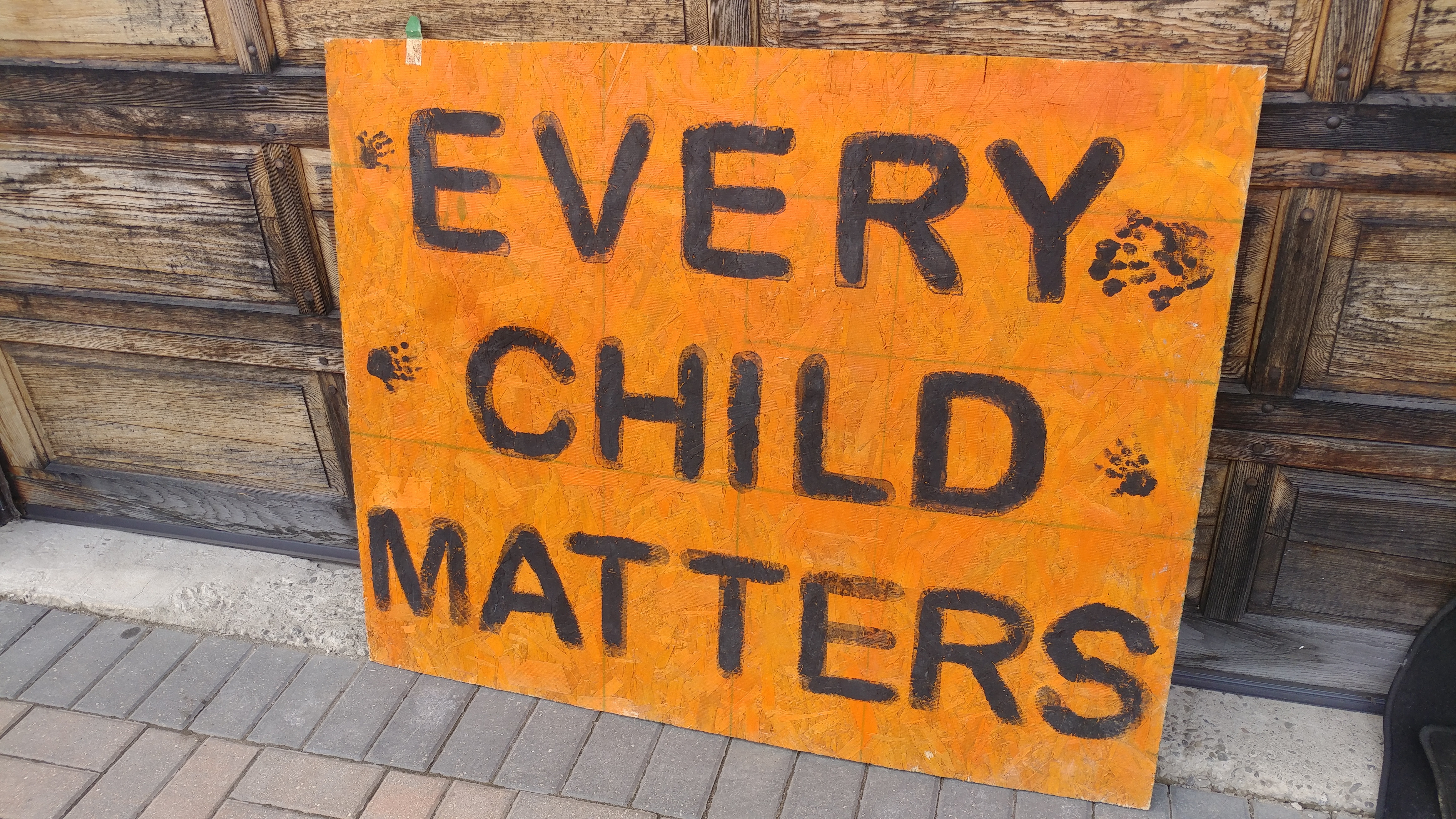I often think Indigenous people are our own worst enemies.
When we stand screaming at the settlers while the smartphones record our tirades, we do little else than confirm society's deepest-held stereotypes and dissuade those who were sympathetic and open minded to our plight. When we lash out at curious and well-meaning people who are aware of their ignorance but don't know how to ask questions, we shut down the dialogue that we claim to want. And when we squabble and undercut each other because we fear that there is not enough settlement to go around, the white man laughs.
And what does the future hold? We are generations removed from those who were more directly harmed by colonization and yet I see people much younger than I express vitriol that is disproportionate to their proximity to both harm and opportunity.
My family was torn apart by the sixties scoop. I was not able to hold them in my arms until I was fifty years of age. I could easily tote my bitterness for those stolen decades, dumping it at the feet of anyone I could plausibly hold culpable. But why?
There are role models for free expression in the face of institutional oppression, but sadly they are a dying breed. One of my favourite orators is Chief Dan George. On July 1, 1967, on Canada's 100th birthday, Chief Dan George delivered his “Lament for Confederation” in front of a crowd 32,000 people at Empire Stadium. I profiled him and his magnificent address in the opening segment of a podcast:
We are too often an embarrassment to his example and the hopes he had for us in an environment of opportunity he only dreamed of. We've embraced the current openness to discuss what reconciliation means by testing the tolerance of those listening ears by screaming at them, taunting them, embarrassing them, dismissing them, labelling them, and talking down to them. No better than the settler.
I attended a land event for yesterday's National Day for Truth and Reconciliation. The event organizers welcomed a mix of Metis, First Nation, and Settler attendees and the session began with a teaching from an Elder. About two-thirds into the talk, a setter woman raised her hand and asked to learn more about the Seven Grandfather Teachings. This was a breach of protocol, but not an ill-intended one. One of the attendees snapped at the woman harshly, explaining that that would be an entirely different teaching itself, if not seven. The settler woman was clearly embarrassed and she and her family did not remain for the activity. Further, the attendee and a person they were sitting with spent considerable time whispering and pointing before and after the teaching ("Who is that?" "Who are they?")
It was an embarrassment for the settler, surely, but also for the organization that hosted it and for the Day itself which purported to be about reconciliation.
I thought I'd heard the worst of it until I saw a post on social media from one of the two attendees, criticizing the settler and most of the whites encountered that day for their "performative allyship". Does it exist? Certainly... and usually on social media much as this attendee's public display of performative protest.
If we want a dialogue with settlers, understand that part of that process is helping them to understand protocol. Learn to distinguish what performance really is. Someone touting their involvement with Indigenous justice is a performer, and they come in all colours. But a person asking a question out of turn needn't be humiliated. Another approach is to come over to them and whisper an offer to talk about it later. After the talk, explaining that the Teachings are Love, Respect, Bravery, Truth, Honesty, Humility, and Wisdom -- and that each is worthy of a talk themselves -- might be enough. Inviting that person and their family to join you for the land activity that followed might have been the beginning of meaningful relationship with new allies.
Instead, I am struck by how we fail to exercise Love, Respect, and Humility when confronted with the chance to put them into action.







